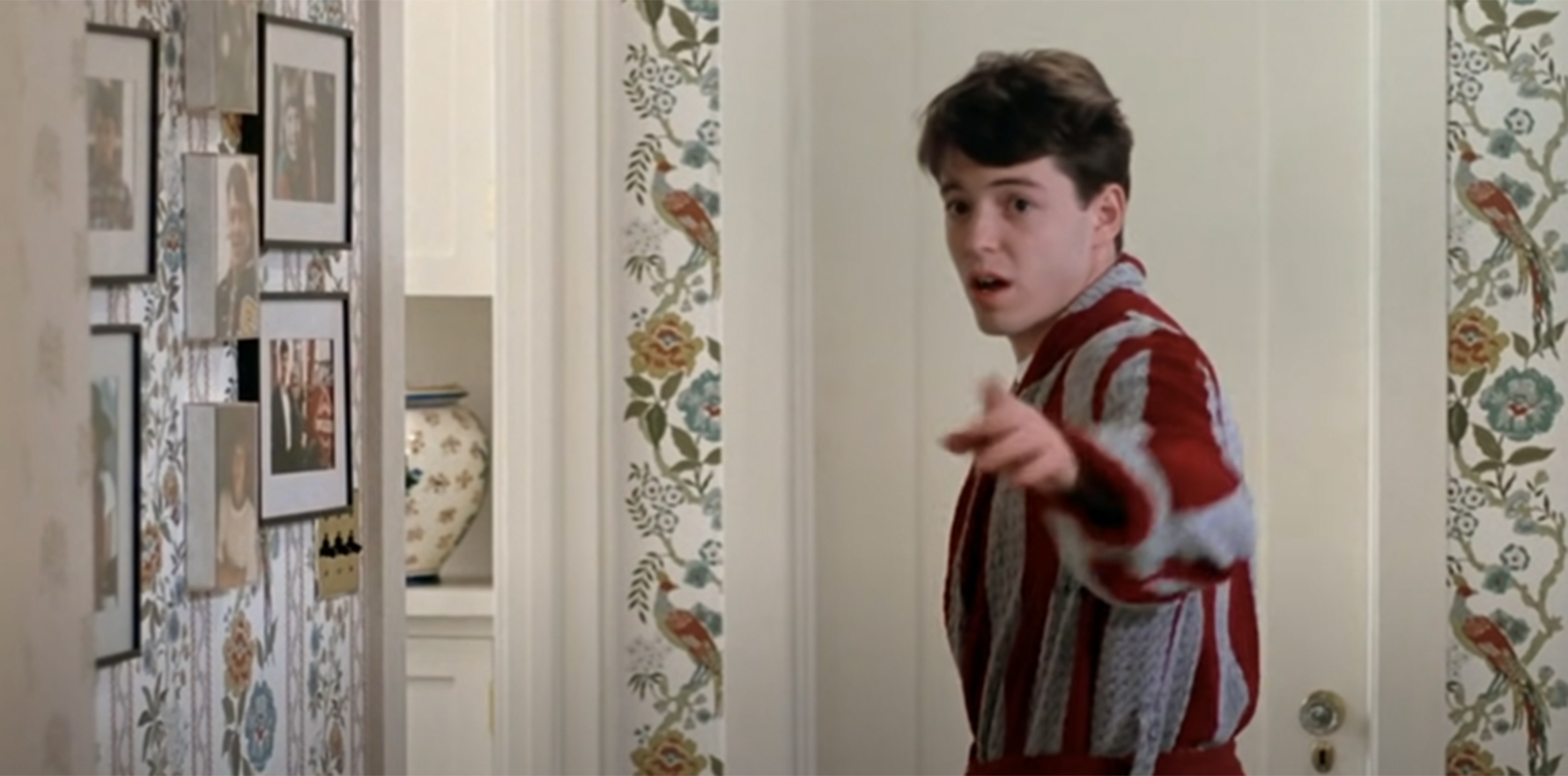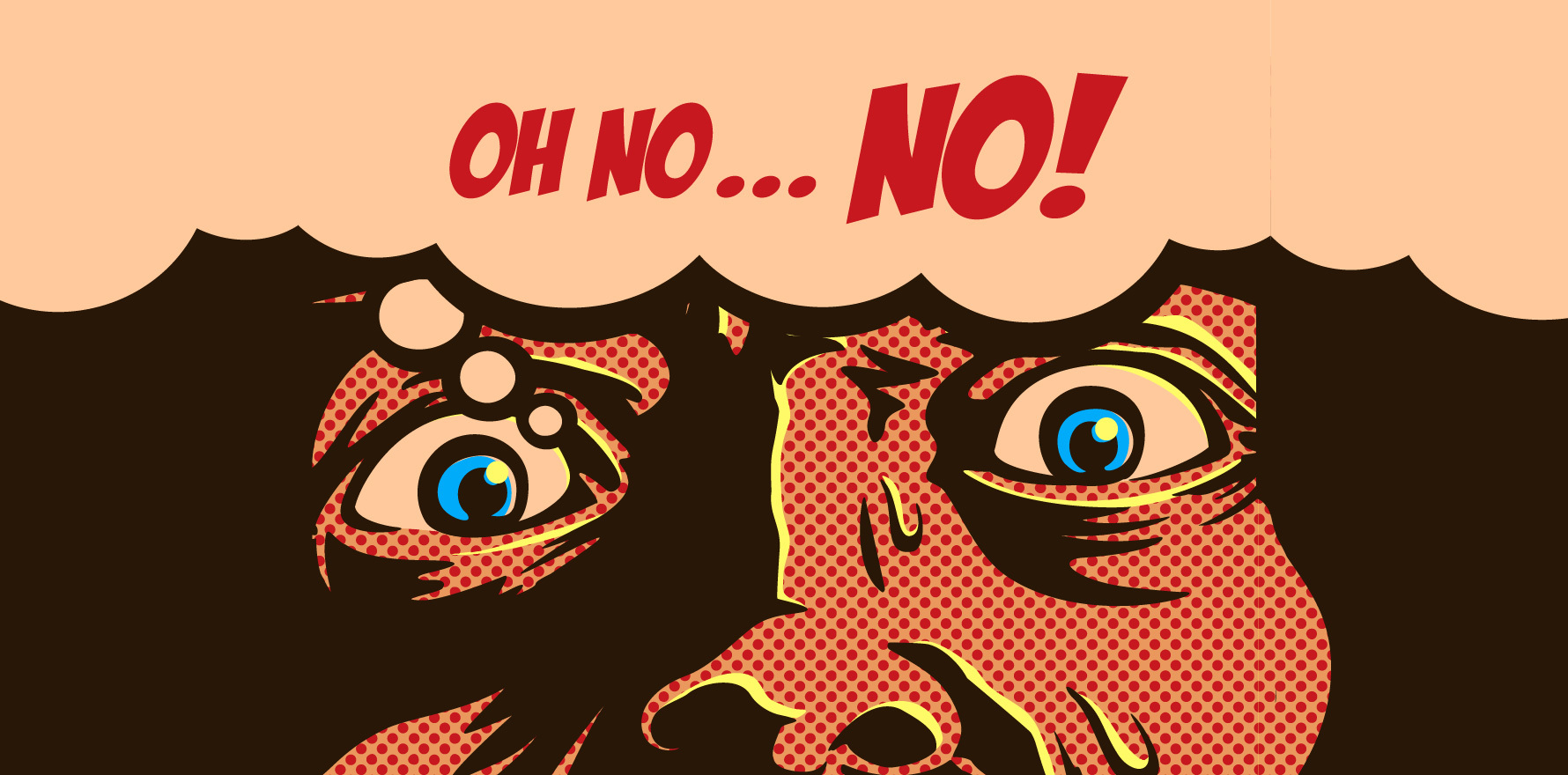The way South Australia’s payroll tax amnesty has played out put practices, accountants and legal advisors in a tricky situation.
Say you’re hiking and a GP-eating bear is on the loose.
There are only two options available in this scenario.
You could take your chances by hiding in a cave and hope the bear doesn’t find you, but live with the knowledge that the bear is out there and may one day decide to eat you.
The other option involves sacrificing a hand to the bear and hoping you don’t bleed out as you sprint away from the woods.
Sure, you’re safe from the bear – but you’ll have to fundamentally change the way you go about your life.
To stretch this metaphor even further, consider that there’s a village legend about an even bigger bear prowling the woods that allegedly has a taste for one-handed GPs.
In South Australia, the majority of GP practices – 283, to be precise – went the hand-chopping route and applied for payroll tax amnesty.
Every practice that applied for amnesty was let off the hook for any payroll tax debts going back five years.
This averted the potential of getting put out of business entirely by a surprise state revenue audit.
But on the flip side, it appears that virtually every practice was also told they would have to start paying payroll tax on all contractor doctors come June – an extra expense that, while not fatal, will require some big adjustments.
It also opens the door for the ATO to one day come in and do even more damage than the SRO could have done.
All this is to say: whether to apply for payroll tax amnesty or not wasn’t necessarily a straightforward choice.
William Buck, one of the country’s leading medical accountancy firms, advised its clients on the potential outcomes of applying or not applying.
Related
“We knew that [being found liable for payroll tax] was going to be a possible or likely outcome [of applying for the amnesty],” William Buck SA principal Jennifer Rees told The Medical Republic.
“But we also knew that it would give them five years of amnesty [from back-tax], so I believe that’s why most of the practices decided to pick up the amnesty.”
According to the latest Cleanbill data, there are around 450 GP practices in South Australia, meaning that more than 60% of clinics ultimately went in for the amnesty.
With their business structures now deemed liable for payroll tax, Ms Rees said most practices were “still processing” the outcome.
“The practices want to do the right thing, and most of them can’t afford the additional cost,” she said.
“It’s likely they’ll need to increase service fees payable by the doctor, and that ultimately means the doctors will need to raise fees to their patients.”
There’s still a possibility that South Australia will release guidance similar to Queensland clarifying what payment structures do not incur payroll tax.
“There’s a bit of talk about having patient fees go directly to the doctor’s bank account, which I understand they’re quite comfortable with in Queensland,” Ms Rees said.
“But in South Australia, we just don’t know for sure whether that would avoid having to pay payroll tax on most doctors’ payments, so it’s no comfort at this stage.”
TMR reached out to a number of other South Australian medical accountants, as well as the state Treasury, but did not hear back.
This article was updated on 11/04 to reflect the nature of William Buck’s advice and on 12/04 to add the proportion of clinics in SA that applied for amnesty.





